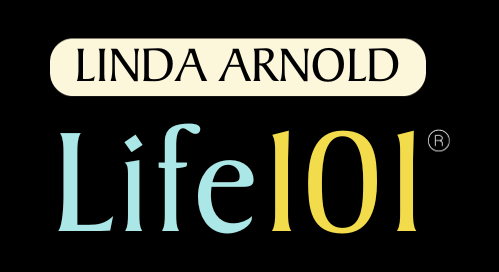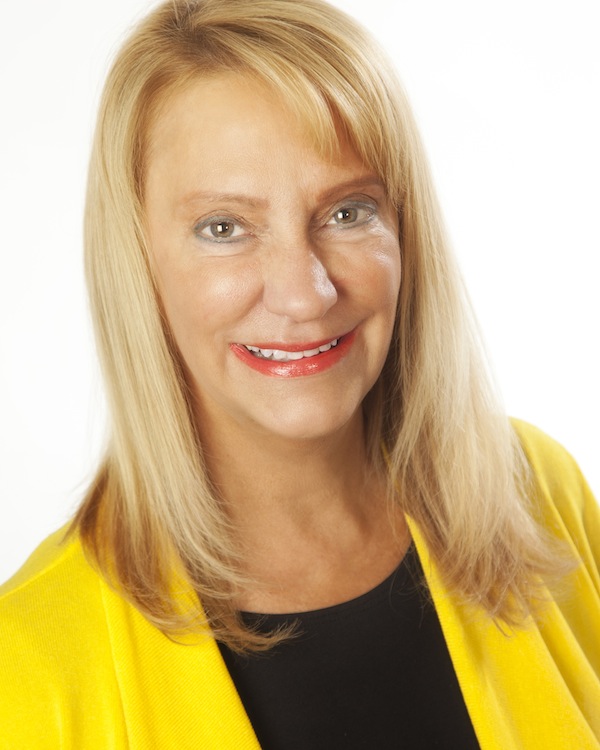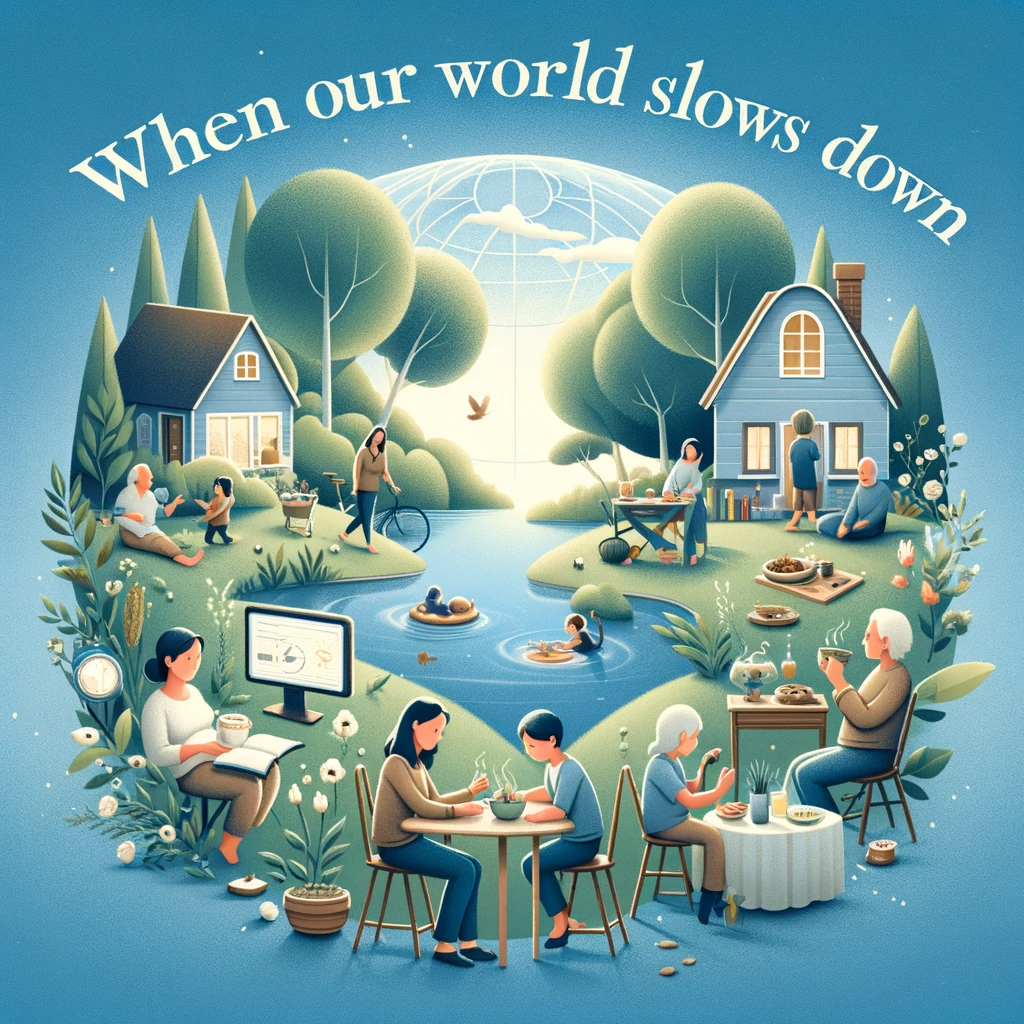Remember the song, “Shout?”
Many of us have danced to this and will recall the part that goes, “A little bit softer now. A little bit softer now.”
That’s the way our world feels. The volume has been turned way down. Every event is being canceled, postponed or moved to a technological connection. And the lack of external noise is giving us more opportunities to listen. If we only will.
The past few weeks have rocked our worlds. No behavioral shift has spread more rapidly across our planet than that caused by the COVID-19 virus. Nothing like this has ever taken place in our lifetime.
Your Reality Show
If you had been told a couple of months ago that schools, churches and many businesses are closed indefinitely — and that you’ve been ordered by the government to stay home for the most part – you would have thought it was a sci-fi fantasy. But here it is – your personal reality show.
Many of you have more time on your hands than ever before, and some of you – like healthcare workers and first responders — are being stretched to the max.
Now that you’ve had a few weeks to adjust to this new normal, you’re likely settling into a bit of a rhythm. The economic stimulus packaged just signed into law is giving encouragement to many businesses and individuals – and, hopefully, the stock market – to signal that help is on the way.
The forced togetherness of families is resulting in more time being spent with one another, as well as the restoration of traditions such as eating dinner together. No more mad dashes to make it to that sporting event or competing activities on the calendar.
Bill Gates and Dr. Seuss
No question about it – lots of people are hurting. Jobs have been lost, and incomes are uncertain. People are sick – and dying. Stress and anxiety are increasing. It can be hard to listen to those “silver lining” stories when you’re suffering. It can also be a matter of perspective, though, if you’re able to take in the bigger picture.
A couple of things have come across my radar this past week that I’d like to share. One was attributed to Bill Gates. Sources later determined this was inaccurate, although the advice and guidance about what the COVID-19 virus is doing to us is worth considering:
- It’s reminding us it’s the great equalizer. Regardless of our culture, occupation, financial situation or fame, this disease is treating us all equally.
- It’s reminding us how materialistic how society has become and how, in times of difficulty, it’s the essentials we need, as opposed to the luxuries we sometimes give value to.
- It’s reminding of how important family and home life are – and how much we’ve neglected this. It’s forcing us back into our houses — so we can rebuild them into homes and strengthen the family unit.
- It’s reminding us how precious our health is, and it’s encouraging us to look at the food we eat and the way we exercise.
- It’s reminding us that we’re all connected – and something that affects one person has an effect on the other.
- It’s reminding us that our true work is not our job. That is what we do, not what we were created to do. It’s reminding us to keep our egos in check. No matter how great we think we are, a virus can bring our world to a standstill.
- It’s reminding us we can either be patient – or we can panic.
- It’s reminding us that the power of free will is in our hands. We can choose to help each other — to give and share. Or we can choose to be selfish and to hoard. A crisis like this brings out our true colors.
- It’s reminding us of the shortness of life — and emphasizing what is most important.
On a lighter note, a beautiful poem by an anonymous author is making the rounds about the current state of our world, inspired by Dr. Seuss:
“The buildings were big, and people would smile
And travel they would, mile by mile.
But sick they become, in numbers it grew.
Businesses worried, communities too.
Things stopped for a bit; the world slowed its roll.
The virus had certainly taken its toll.
But what they then saw from slowing things down,
Is in fact they now had less reasons to frown.
Families now gathered; what game shall we play?
Pass me the blue crayon, give Mommy the grey.
Dad’s home, guys; he’ll read us a book.
Then all of us together will cook.
The lungs of the planet caught a small break.
Less travel meant less pollution to make.
People did realize they’d all be okay.
They don’t need so much to get through the day.
Maybe this virus that caused so much stress
Showed the whole world that more can mean less.”
Your Future Self
Here’s something to ponder. When we come out the other end of this pandemic, how do you want to emerge? Maybe you’ll be a little more grateful to have those freedoms that have been taken away restored. Maybe you’ll find that you’re more resilient and compassionate than you thought. Or that you were able to accomplish a lot during this “timeout.”
Whatever your answer, design a reverse timetable from a couple of months out back to now. Look at the steps you need to take each week – and each day – to get there. When you get to your future self, you’ll be able to look back to see how far you’ve come.
Another reminder COVID-19 is bringing our way: we can look at this time as either the end — or a new beginning. It can be a time of reflection and understanding where we learn from our mistakes, and it can be the start of a new cycle.
With the volume of our world turned down, we’re able to listen.
©2020 Linda Arnold Live Life Fully, all rights reserved. Linda Arnold, M.A., M.B.A., is a syndicated columnist, psychological counselor and founder of a multistate marketing company. Reader comments are welcome at linda@www.lindaarnold.org For information on her books, go to www.lindaarnold.org/books or Amazon.com


